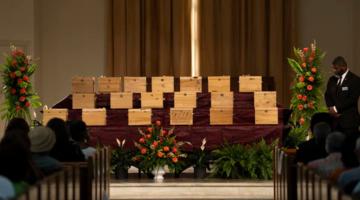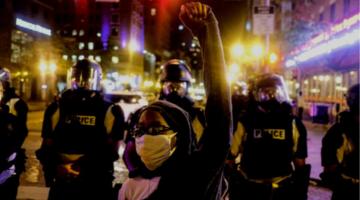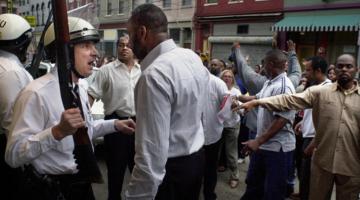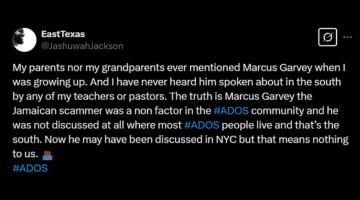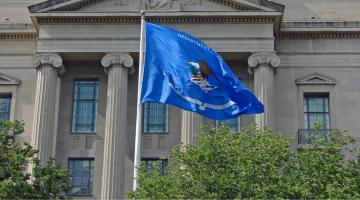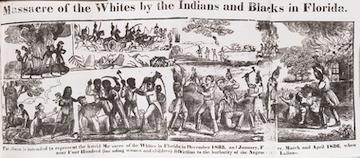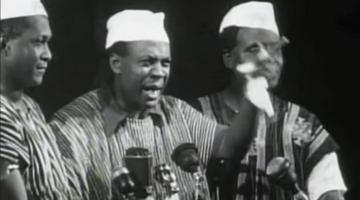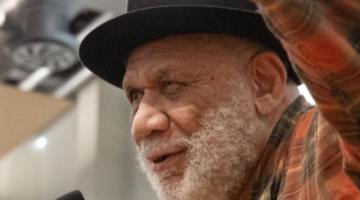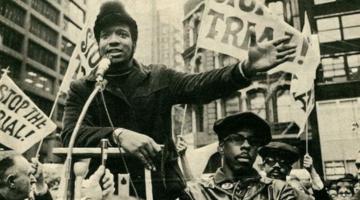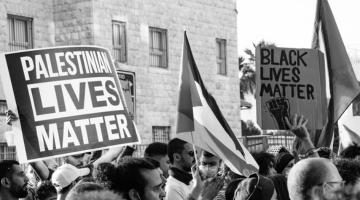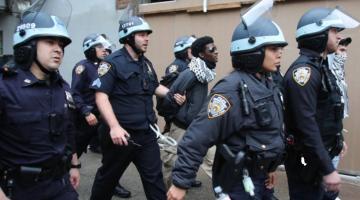Rodney Hinton, Jr. arraignment Phil Didion/The Enquirer/USA Today Network/Imagn Images via CNN Newsource
Black people who are among the rich and famous garner praise and love, and so do those who are in distress. But concerns for the masses of people and their struggles are often missing.
Ryan Coogler, Shedeur Sanders, Karmelo Anthony, and Rodney Hinton, Jr. have all captured the collective Black imagination, although for very different reasons. A successful film director, an athlete and two Black men in the throes of a punishing legal system are all the recipients of support and love from millions of Black people. It is true that the love of a “Black face in a high place” is a problematic phenomenon, but it is also true that Black people will rally around their own. That commendable instinct seems to be reserved for individuals, and not for the masses as a whole, and therein lies a problem.
The problem is not confined to the more obvious cases such as a group historically being anti-war, and yet excusing the crimes of Barack Obama or Colin Powell when they were responsible for worldwide carnage. War mongers notwithstanding, this dynamic extends to public visibility of all Black people. A hit movie or even an unknown person in need of help can turn any Black person into a hero among the group, while the needs of the masses are unaddressed. In some cases, celebrities and wealthy individuals are idolized by people who are struggling to survive.
The massive appeal of the new film Sinners is the latest case in point. The story of vampires descending on a Black community in depression era Mississippi has been a huge box office success. Sinners is directed by Ryan Coogler, who also helmed Black Panther, another box office hit which captured the Black imagination. Coogler’s collaborations with actor Michael B. Jordan are very popular, and that is not unusual, but there was a different level of attention for Black Panther in 2018 and now for Sinners.
People who are ordinarily not interested in such things are dissecting its box office numbers and expressing pride that it is currently the most popular movie in the United States. Critics are taken to task, moviegoers who have seen it are sworn to secrecy about the plot and are paying to see it more than once, and scenes and dialogue have become iconic in just one month after the film was released.
There is an element of attention here that goes beyond that of a hit movie. Sinners opened at the same time that the saga of college football quarterback Shedeur Sanders was playing out across the country. The young man is the son of football hall of famer Deion Sanders, and the combination of Black family fame and perceived injustice transfixed millions of people. The younger Sanders was expected to be chosen in the first round of the National Football League draft and secure a place for himself as a professional in his sport. But he was not chosen by the Cleveland Browns until the fifth round.
The reasons given for the unexpected outcome boiled down to racism against the son and his father. He was said to be too brash, not humble enough, and his father’s public declarations of where he wanted his son to play were condemned. One can rarely go wrong in ascribing racist intent against Black people, but the story took on a huge life of its own and is an example of the mostly positive determination to support others in the group.
Millions of Black people were both obsessed with Sanders and where he would play and with the success of Sinners and its director and how much money he made and what deals he might cut in Hollywood. Both happiness and angst among Black people were genuine and as such are worthy of discussion.
While the Black face in the high place of entertainment and sports are staples of popular culture engagement, so are the struggles of ordinary people when they become prominent through twists of fate. Seventeen-year-old Karmelo Anthony was arrested in Frisco, Texas and charged with first degree murder in what he insists is a case of self-defense. Anthony fought with a white high school student and stabbed him fatally during the struggle. While initial press reports said that Anthony was armed with a knife, he actually fought back with an instrument used to clean the cleats for his running shoes.
Anthony and his family were attacked as liars and scammers who didn’t need the more than $500,000 that has been raised for his defense. It is entirely fitting that his case has become a cause célèbre among Black people. The fact that his situation and that of others is an individual one is not discussed very much. It seems that there must be a name attached to an incident of racial injustice in order to garner some activism.
Texas is one of the worst states in the nation in regard to harsh sentencing and the mass incarceration machine. Are Texans and others galvanized to stop forced labor for the incarcerated and for the life-threatening conditions they endure? A federal judge recently ruled that the lack of air conditioning in prisons in a very hot state was “plainly unconstitutional” but he also said that the state was not required to immediately install air conditioning. At least 41 people died from excessive heat in Texas prisons last year.
In Cincinnati, Ohio Rodney Hinton, Jr. is now in jail, accused of deliberately running over a deputy sheriff who was directing traffic. The incident took place after Hinton’s 18-year-old son, Ryan, was shot to death by a Cincinnati police officer. The Hinton family were allowed to see the body camera footage of the shooting, which showed their son and other young men running away from police. Police claimed that the younger Hinton had a gun, but there is no evidence in the video showing him to be armed. Rodney Hinton saw his son's killing and was then arraigned in a courtroom ringed with police and is now being held without bail and charged with murder.
Police killed a record 1,260 people in 2024 and are continuing to kill at a similar rate in 2025. Black people are still the group the most likely to die at the hands of law enforcement. In the absence of Rodney Hinton’s actions, Ryan Hinton’s name would not be known outside of his community.
Rodney Hinton, Jr. is now the object of concern and is even seen as heroic in many quarters. There are many Rodney Hintons, Black parents whose children are killed by police who are then rarely if ever held accountable. Yet the issue of police killings remains unresolved five years after the nationwide uprisings which took place after George Floyd was killed in 2020. The rage is not just Hinton’s, it is anger that is pervasive, and that boils under the surface as the carnage goes on.
The plight of the Anthonys and the Hintons should be of the greatest concern to Black people, and not whether Coogler and Sanders make a lot of money. But in the absence of movement politics, it is easier and more enjoyable to think about whether prominent Black people are thriving instead of how to end our oppression by the state. We are all more likely to end up like Karmelo Anthony or Rodney Hinton, Jr., grieving the loss of a loved one or being forced to defend our lives and ending up in prison because we choose not to be victimized.
It is all well and good that we act in solidarity to help them, but they are not alone. There are one million Black people in jail but very few stars of movie making or professional sports. Let us think about the collective, about the people unjustly convicted or murdered by the state. The desire for fun and distraction does not have to end, but not keeping those things in perspective will only lead to a continuation of the oppression that Black people live with. Our imaginations should not be confined to musing about the life circumstances of Black faces in the high places.
Margaret Kimberley is the author of Prejudential: Black America and the Presidents. You can support her work on Patreon and also find it on the Twitter, Bluesky, and Telegram platforms. She can be reached via email at margaret.kimberley@blackagendareport.com.

